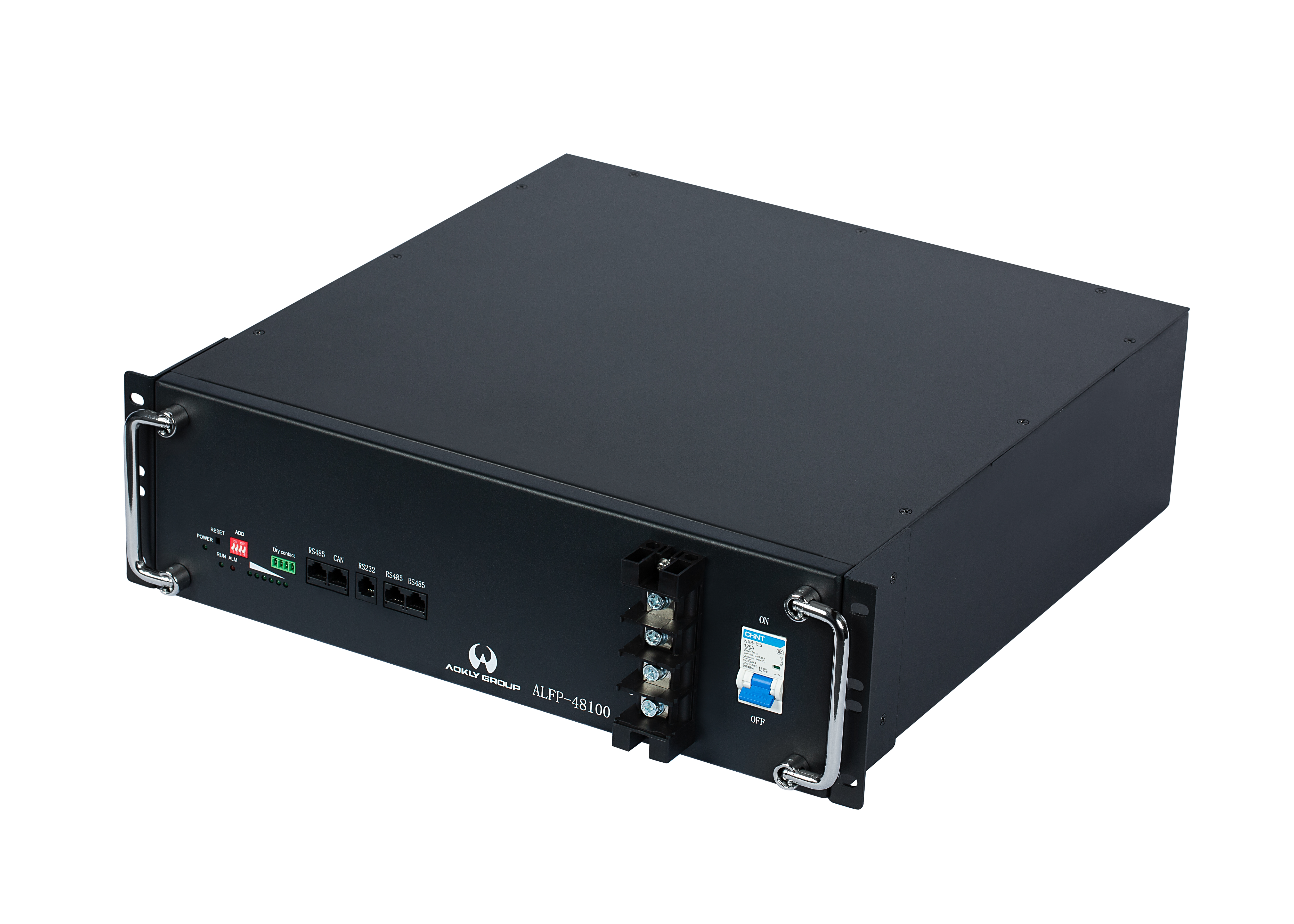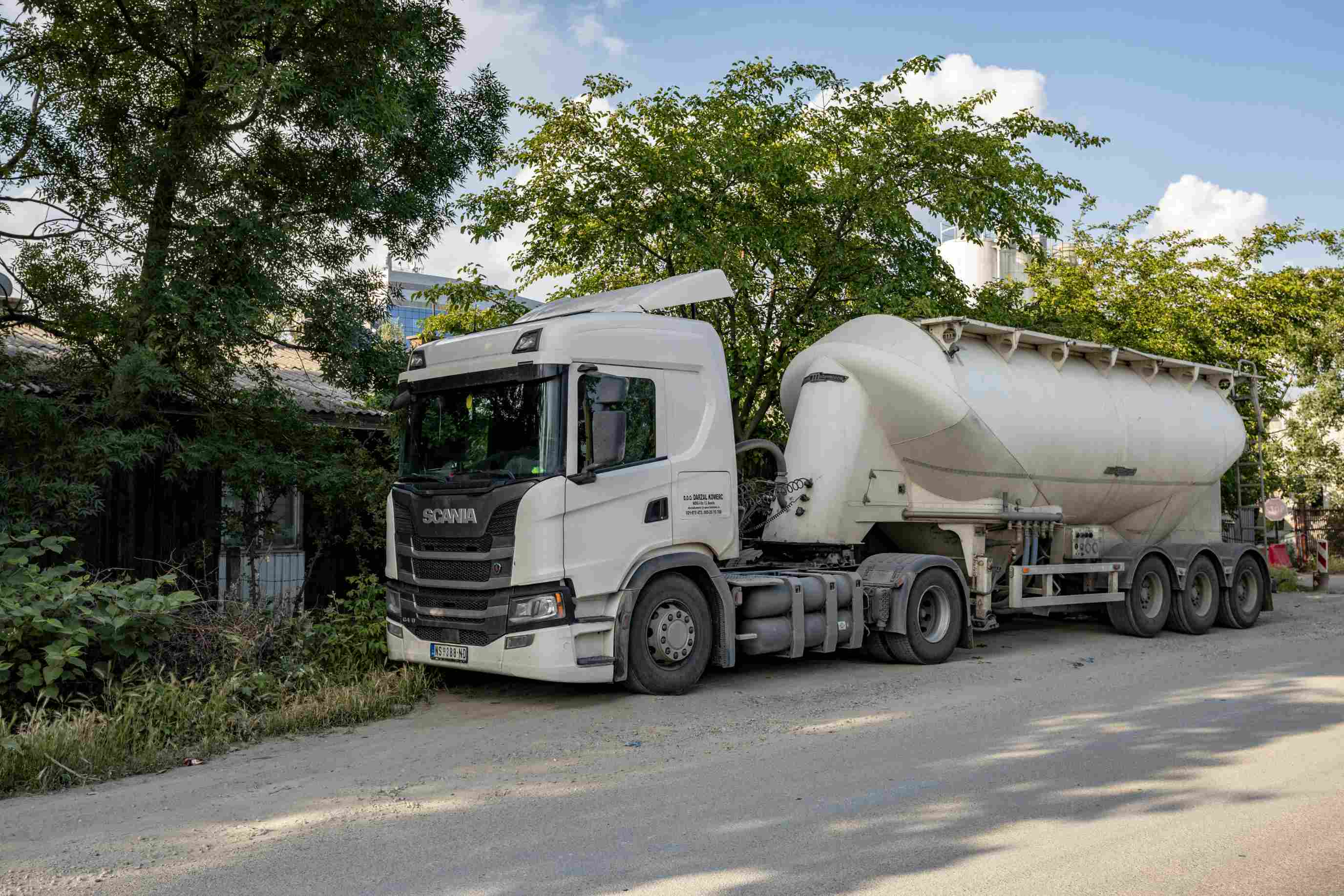Marine batteries serve as the lifeblood of maritime vessels, providing the critical electrical power necessary for a myriad of functions—from starting the engine to powering electronic devices and equipment onboard. They are specially designed to withstand the harsh marine environment, which can include extreme temperatures, high humidity, and corrosive saltwater.
Importance in Maritime Operations
Marine batteries are electrochemical storage devices that convert chemical energy into electrical energy, specifically tailored for the marine setting. These robust units are constructed to endure the rigorous demands of nautical travel, where reliability cannot be compromised.
The indispensability of marine batteries in maritime operations cannot be overstated. They are not only responsible for igniting engines but also for ensuring the functionality of critical navigation systems, communication devices, and emergency equipment. In the event of power failure, marine batteries serve as an indispensable backup, safeguarding against potential maritime hazards.
Types of Marine Batteries
An understanding of the different types of marine batteries available is paramount in selecting the right power source for your vessel.
Lead-Acid Batteries: The Traditional Choice
Lead-acid batteries have been the cornerstone of marine power for decades, prized for their proven track record and cost-effectiveness. They utilize lead plates and an electrolyte solution to store energy and are known for their ability to deliver high surge currents despite their relatively low energy-to-weight ratio.
Absorbed Glass Mat (AGM) Batteries: A Reliable Alternative
AGM batteries represent a significant advancement in lead-acid technology. They feature fiberglass mats that absorb the electrolyte, thus providing superior power density, vibration resistance, and maintenance-free operation—a quintessential choice for mariners who prioritize convenience and reliability.
Lithium-Ion Batteries: The Contemporary Shift
The marine industry is gradually pivoting to lithium-ion batteries due to their lightweight, high energy density, and longer lifespan. This modern alternative is becoming increasingly prevalent, offering efficiency and an eco-friendlier footprint, albeit at a higher initial cost.

Aokly lithium-ion battery wholesale
Selecting the Right Marine Battery
Choosing the appropriate marine battery is a decision that necessitates meticulous consideration of various criteria.
Criteria for Selection: Capacity, Durability, and Maintenance
When selecting a marine battery, one must evaluate the capacity required for their specific maritime endeavors, the durability to resist environmental stresses, and the level of maintenance they are prepared to undertake.
The Compatibility with Vessel Types
The type of vessel greatly influences the choice of a marine battery. A leisurely sailboat has different power requirements and space constraints compared to a high-powered motorboat. Matching the battery to the vessel's needs is crucial for optimal performance.
Safety Considerations in Marine Battery Selection
Safety is paramount in the selection process. One must ensure that the battery is equipped with features to prevent overcharging, deep discharging, and thermal runaway—a hazard particularly associated with certain types of batteries.
Safety Considerations in Marine Battery Selection
Safety is paramount in the selection process. One must ensure that the battery is equipped with features to prevent overcharging, deep discharging, and thermal runaway—a hazard particularly associated with certain types of batteries.
Maintenance and Longevity of Marine Batteries
To maximize the investment in a marine battery, one must adhere to best practices in maintenance and understand the common pitfalls that can lead to premature failure.
Best Practices for Extending Battery Life
Regular inspection, proper charging, and ensuring a clean and dry environment are among the best practices to extend the lifespan of a marine battery. Additionally, understanding the discharge and recharge cycles can greatly influence longevity.
Common Pitfalls in Battery Maintenance
Neglect, overcharging, and exposure to extreme elements are common mistakes that can impair battery performance and lifespan. Awareness and proactive maintenance are essential in avoiding these pitfalls.
Final Word
As the world gravitates towards sustainability, the marine industry is also adapting. The development of marine batteries with higher energy densities, lower environmental impact, and greater lifecycle is on the horizon, signaling a promising future for marine power sources. If you want more information about top-quality marine batteries, please feel free to contact us at [email protected].

 EN
EN 



